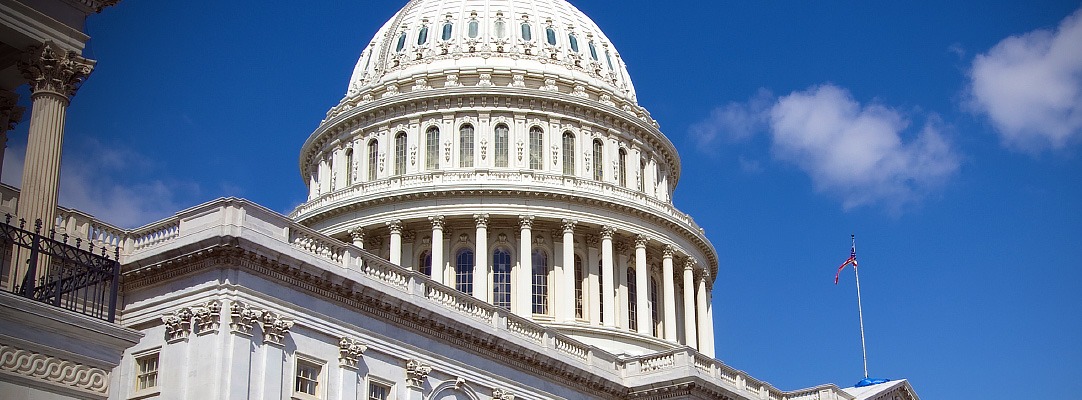There is probably a tradeoff between health insurance and the demand for jobs.
During 2005 in Tennessee, the demand for jobs increased when 170,000 people lost their Medicaid health insurance coverage. Researchers call that jobs/health insurance tie, the “employment lock.”
Looking at the blue line, you can see how Google searches for “job openings” spiked in Tennessee just when people found out that they were losing Medicaid coverage.

Also, looking at the blue line, you can see how employment in Tennessee diverged from other similar states–precisely when the Medicaid “disenrollment” was announced and implemented.

That takes us to the Congressional Budget Office (CBO). In their December 2013 report, they conclude that the Affordable Care Act (ACA) impacts the number of hours that people are willing and able to work.
Whereas in Tennessee there was more demand for jobs because of less health insurance, with the ACA we have the opposite. More health insurance creates the incentive to work less. Specifically, the CBO projects that the ACA will create the incentive for some people to leave the labor force and for others to work fewer hours. Consequently, they predict that from 2017 to 2024, the number of hours worked will be 1.5 to 2% less than they otherwise would have been.
As always, a decision creates an opportunity cost. For health insurance, we are sacrificing labor force participation. We now need to ask if we can forgo the benefits that higher labor force participation rates create.
Sources and Resources: H/T to Sarah Kliff at the Washington Post for alerting me to the Tennessee study and her excellent ACA articles. Also, I suggest looking directly at the Tennessee “disenrollment” study and at then at the specifics of the CBO report in their Appendix “Chapter” on the ACA and the labor force.






